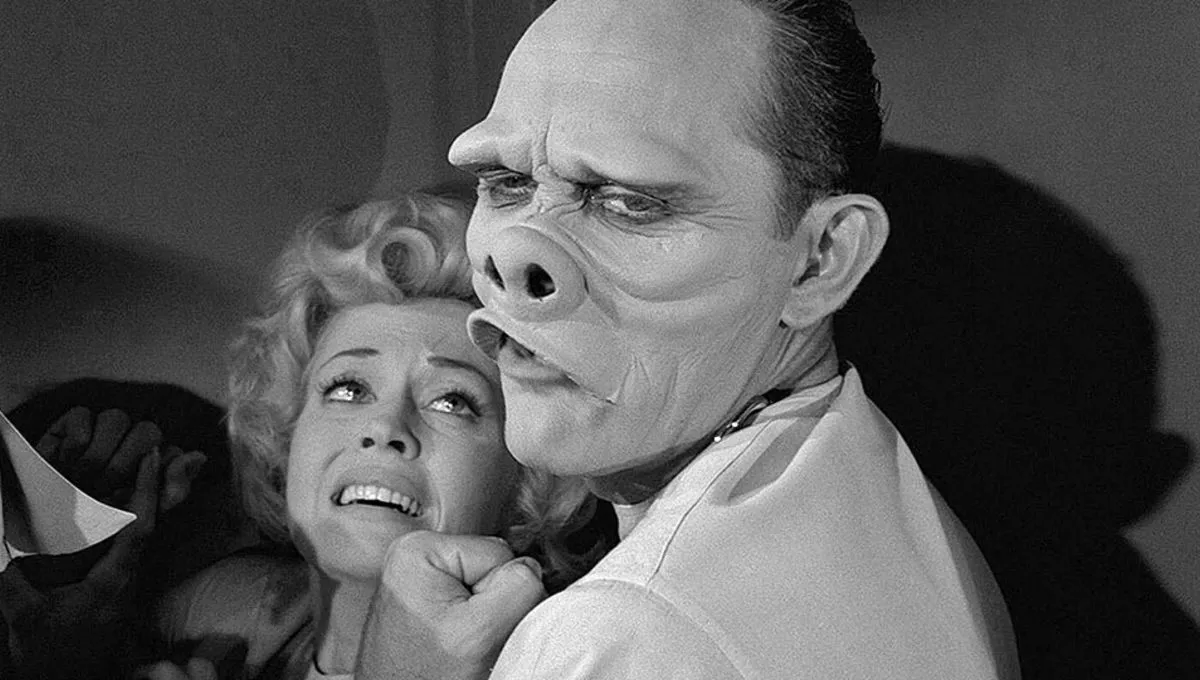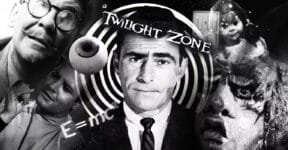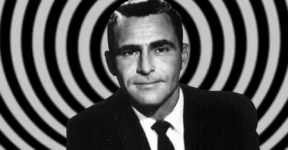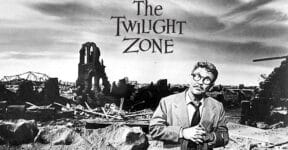You don’t have to be a hardcore fan of TV’s sci-fi to know that October 2, 1959, marked the time when the genre climbed up to an entirely new level, and we have yet to see the day it takes another step higher. It was an otherwise typical Friday, until CBS delivered to millions of American homes the pilot episode of The Twilight Zone, titled “Where is Everybody?”
The story opened with a man who found himself in the middle of a deserted town; he didn’t know how he had arrived there, and he couldn’t even remember his own name to begin with. It all seemed strange because there was no one around, but the stove was still hot, and he noticed a lit cigar on an ashtray. Our man was uncertain whether he was having a nightmare or everybody had just left in a hurry for unknown reasons. In the end, the episode revealed that the man was an astronaut undergoing a simulation to assess his mental resilience during the likely long, quiet, and lonely space travel.
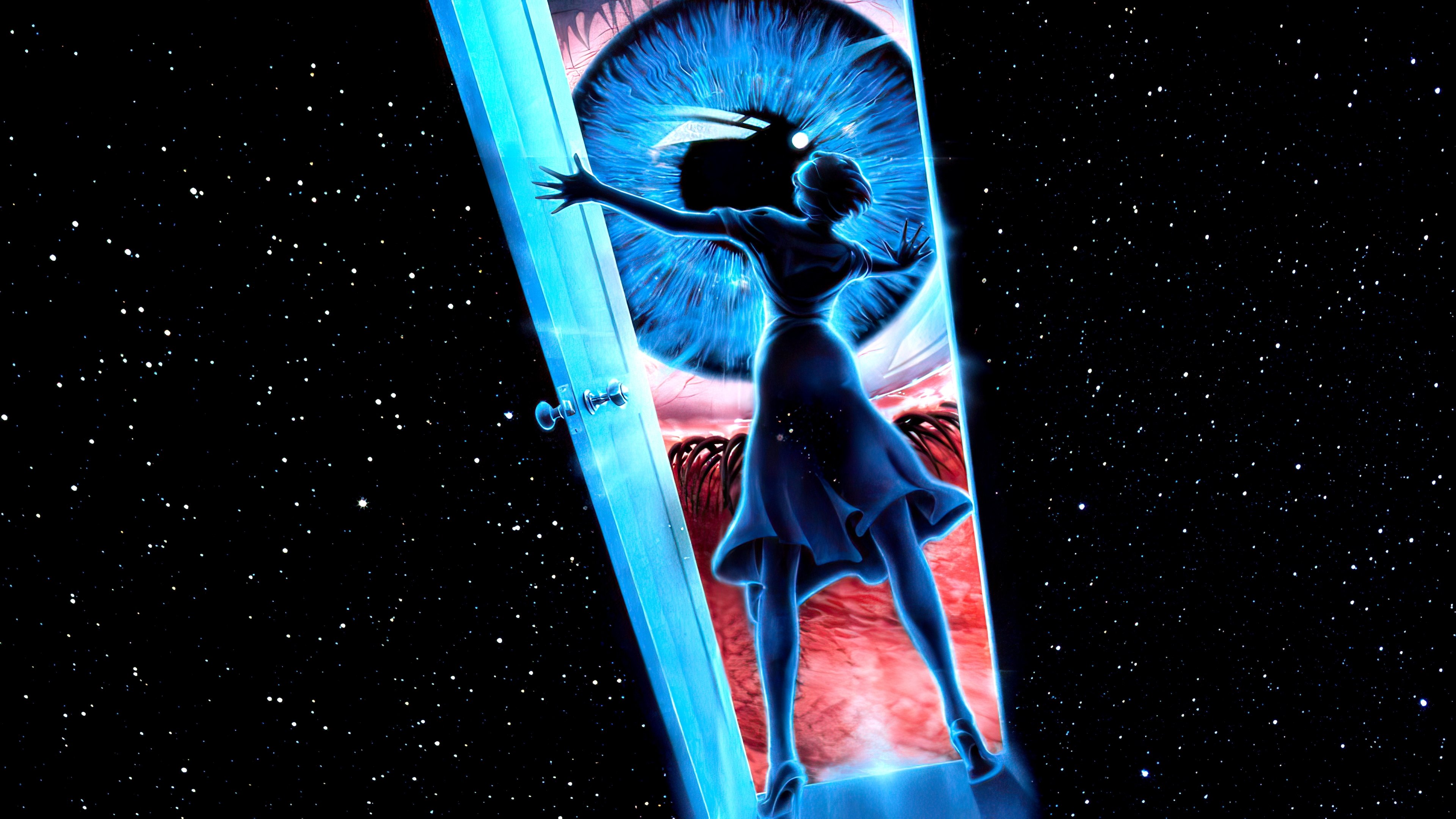
Back then, no one knew if crewed spaceflight was even a possibility. The episode didn’t raise questions regarding the technical feasibility of it all, but focused on the flight’s effects on the crew’s body and mind. Yuri Gagarin finally did it on April 12, 1961, but somehow the social commentary offered by “Where is Everybody?” remains relevant until today. The Twilight Zone would continue to deliver many great episodes throughout its run, mainly showcasing the plight of ordinary people dealing with extraordinary situations.
Rod Serling’s The Twilight Zone came into existence during a time when sci-fi had just established a firm footing as a genre for TV. And it turned out to be a major landmark in the history of television for its take on sophisticated topics such as extremism, consumerism, racism, ageism, addiction, violence, and war, among others. No one would blame you for saying that The Twilight Zone almost single-handedly redefined the meaning of popular culture. Behind all the exciting mysteries and unexpected plot twists, the show never failed to offer daring perspectives with its every social commentary on modern Americans.
Cosmetic Departure
The 1950s TV was dominated by “predictable” programs. Regardless of the show, viewers expected some kind of uniformity in plots, costumes, sets, and even characters. Suburban sitcoms along with western and adventures took the reign back then, but their glory days quickly came to a halt when The Twilight Zone arrived. The only sense of uniformity in the show came from the ever-changing themes, thought-provoking narrations by Rod Serling himself, and the reality-encroaching imaginative stories. The Twilight Zone didn’t even have regular cast members. Some episodes pitched the idea that humanity was doomed to fail, while others showcased the values of hope and optimism. Certain themes are observed through humorous perspectives, but things could turn dark suddenly. Every week brought something new and challenging.
Criticism to Power
Giving voice to people sounds like what every TV show is trying to do right now. In the 1950s, The Twilight Zone was one of the very few bold enough to shed some light on the issues like corruption, oppression, and social injustices. Many episodes encouraged viewers to hold the power accountable and to empower those who had been unfairly treated by race, belief, gender, or wealth. A prime example of such social commentary was found in “The Obsolete Man” (Season 2, Episode 29). Set in a future totalitarian state, the episode examined a society where books were deemed illegal and being a librarian was punishable by death. The dystopia exposed viewers to an uncomfortable thought process as they learned about the difference between the power of ideas versus the power of the state.
Technology and the Nature of Human
One particular social commentary deserved a special place in everybody’s mind: The Twilight Zone outright rejected putting the fate of the world in the hands of science and technology. Many, if not most, Americans at that time simply accepted that tech inventions and scientific breakthroughs would be the keys to a better world. In some episodes, the show clearly outlined various plots in which humanity and the planet became the first to lose grip when people blindly embraced technologies. Science is great and all, but there would always be unintended (sometimes terrible) consequences in the name of progress.
We think The Twilight Zone remains a major highlight in the history of modern entertainment 60 decades after its original run, simply because it asked all the right questions and delivered them through the engaging context of science fiction. Once you passed through the superficial layers and took a closer look at the social commentaries within, The Twilight Zone became much more than aliens, time travel, robots, and the threats of an apocalypse. Instead, you’d see it as a curious series about conformity, anxiety of nuclear fallout, the brittle balance of peace and chaos, and questionable authorities.
What do you think is the best episode of The Twilight Zone? How do you compare it with the X-Files? We’d love to hear from you.
Other Things You Might Want to Know
Are there remakes of The Twilight Zone?
The following TV series are directly related to the show:
- The Twilight Zone (1985–1989)
- Rod Serling’s Lost Classics (1994)
- The Twilight Zone (2002–2003)
- The Twilight Zone (2019–2020)
Popular Books by Rod Serling:
- Patterns (1957)
- Stories from the Twilight Zone (1960)
- More Stories from the Twilight Zone (1961)
- New Stories from the Twilight Zone, Bantam, 1962
- From the Twilight Zone, Doubleday (Garden City, NJ), 1962
- Requiem for a Heavyweight (1962)
- The Season to Be Wary (1967)
- Night Gallery (1971)
- Night Gallery 2 (1972)
How many episodes are there in the original series?
The Twilight Zone ran for five seasons from October 1959 to June 1964, for 156 episodes.
Check out other articles by month:

